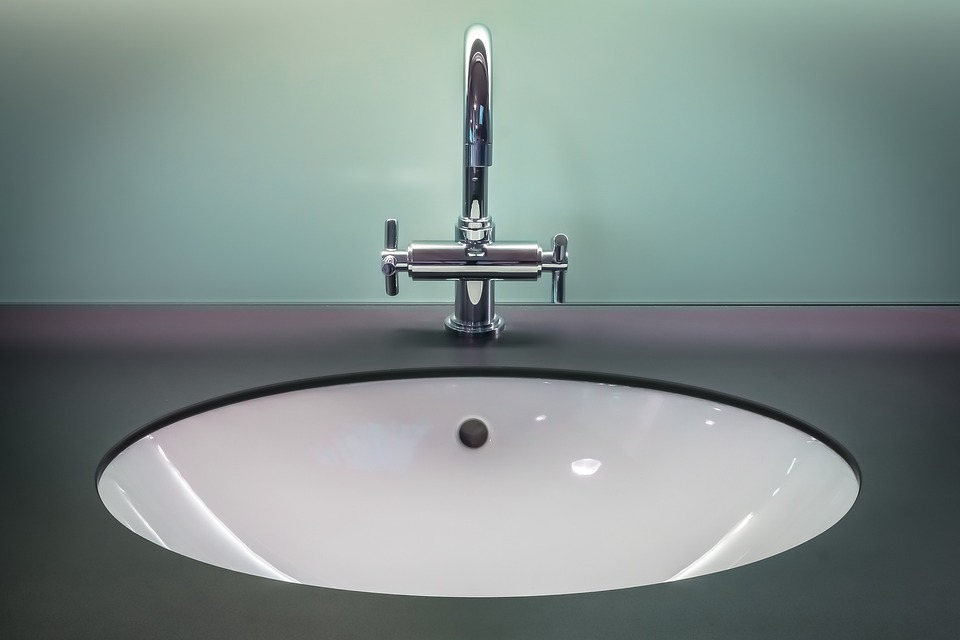There’s nothing quite like the smell of a fresh dish in the kitchen. But what happens when you catch a whiff of something foul wafting from your sink? If you’ve ever found yourself scrunching your nose in disgust at an unpleasant odor emanating from your kitchen sink, you’re not alone. Many homeowners face this stinky dilemma, but understanding why it happens is the first step in finding a solution.
In this guide, we’ll explore the common reasons behind unpleasant sink smells, how to diagnose your problem, and what steps you can take to ensure your kitchen remains a delightful space.
Why Does My Sink Stink?
Before we dive into the solutions, let’s explore why kitchen sink odors occur in the first place. Here are the typical culprits:
1. Food Residue
Every time you wash dishes, small bits of food can get caught in your sink’s drain or garbage disposal. If they’re not rinsed away thoroughly, they can begin to rot, leading to foul smells.
2. Bacteria Build-Up
Warm, moist environments like sinks are breeding grounds for bacteria. If food particles linger, bacteria can multiply, causing a rancid odor.
3. Faulty Drain Trap
Your sink is equipped with a drain trap (also known as a p-trap). If this component isn’t functioning properly, sewer gases may escape into your home.
4. Clogged Drains
A clogged drain can be more than just an inconvenience; it can trap organic material that leads to an odor. Hair, soap buildup, or other debris can create a blockage.
5. Dry P-Trap
Sometimes, drain traps evaporate when not used frequently, which allows odors to escape from your sewer line. This is particularly common in sinks that are rarely used.
6. Biofilm Build-up
Over time, a slimy layer known as biofilm can develop in your drain. It’s made of bacteria, mold, and yeast that can produce unpleasant odors.
Diagnosing the Problem
If your sink is giving off a nasty smell, follow these steps to pinpoint the issue:
Step 1: Inspect the Drain
Check for visible signs of food debris or clogs. You might require a flashlight to see deep down inside your drain.
Step 2: Check the Garbage Disposal
If you have a garbage disposal, it can harbor smells if not cleaned properly. Inspect it and perhaps give it a good rinse.
Step 3: Evaluate the P-Trap
If you are comfortable, take a look at your p-trap to ensure it’s connected properly. Be wary of any leaks; these can also lead to odors.
Step 4: Test the Water
Run hot water down the drain. This can sometimes help to wash away any lingering food particles stuck in the pipe.
Solutions for a Smelly Sink
Once you’ve diagnosed the issue, here are some effective strategies to eliminate odors from your kitchen sink:
1. Regular Cleaning
- Daily maintenance: After washing dishes, be sure to wash the sink itself with dish soap and hot water.
- Monthly deep cleaning: Pour a mixture of vinegar and baking soda down the drain, let it sit for about 15-30 minutes, and then flush with hot water.
2. Use the Garbage Disposal Properly
- Ice Cubes: Grinding ice cubes can help clean the blades.
- Citrus Peels: Grinding citrus peels like lemons or oranges can naturally deodorize the disposal.
3. Adjust the P-Trap
If your p-trap is dry:
- Run Water: Simply run water in the sink to replenish the trap.
- Regular Usage: Make a habit of running water in sinks you seldom use.
4. Clear Clogs
To prevent and resolve clogs:
- Use a Plunger: Give it a good plunge to help dislodge any blockage.
- Drain Cleaning Tools: Consider a drain snake for more stubborn clogs.
5. Biofilm Prevention
To prevent biofilm build-up:
- Boiling Water: Pour boiling water down your drain weekly.
- Cleaning Solutions: Use eco-friendly drain cleaners that can break down organic matter.
Key Takeaways
- Regular maintenance and cleaning help in preventing odors.
- Always inspect for food residue, clogs, and other issues that lead to smells.
- Utilize natural cleaners like vinegar and baking soda for effective results.
Frequently Asked Questions (FAQ)
1. Why does my kitchen sink smell like rotten eggs?
This smell is often a sign of sulfur gas emissions which can be caused by decaying food in your drain or an improper seal in your plumbing.
2. How can I tell if my garbage disposal is dirty?
If your disposal gives off a bad smell after a recent use or washing, it may need to be cleaned. When food gets caught in the blades, it can cause odors.
3. What household items can I use to clean my sink?
Household items like baking soda, vinegar, and lemon juice are great for cleaning your sink and neutralizing odors.
4. How often should I clean my sink and garbage disposal?
Aim for a quick wipe-down after each use, and a deep clean of the sink and disposal at least once a month.
5. What should I do if my sink odor persists despite cleaning?
If the smell persists, it might be time to consult a plumber as there may be a plumbing issue or deeper clog that requires professional attention.
By understanding the reasons behind that pesky smell from your sink and knowing how to address it, you can keep your kitchen smelling fresh and inviting. With a little attention and routine upkeep, your sink can turn from a stinky nuisance to a clean and cherished part of your kitchen.
References & Further Reading:
- Homemade Cleaner Recipes
- How to Use Your Garbage Disposal Effectively
- Residential Drain Cleaning Techniques
Remember, the key to a fresh-smelling sink is regular maintenance and being aware of what goes down your drain. Enjoy your clean kitchen!
